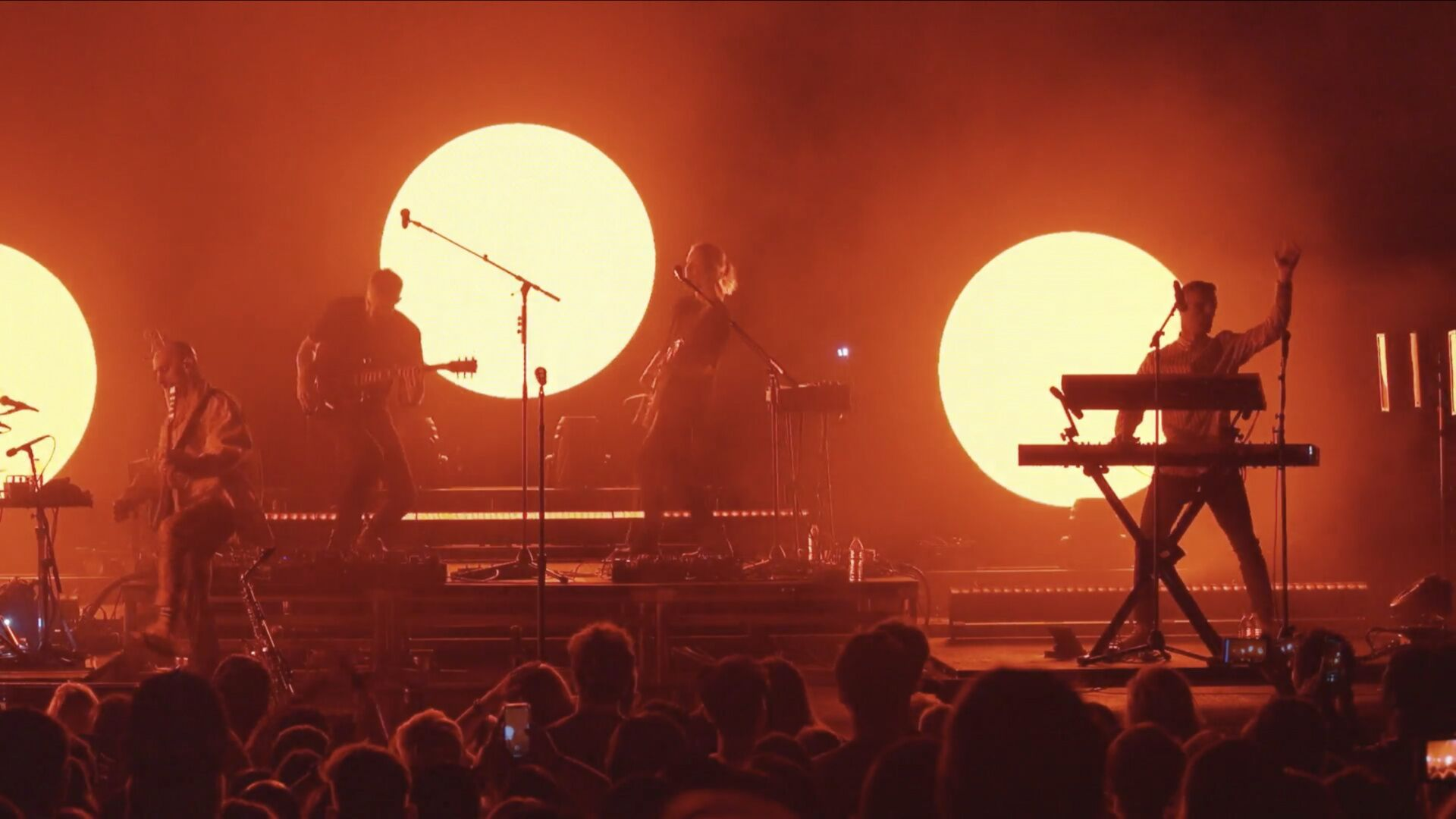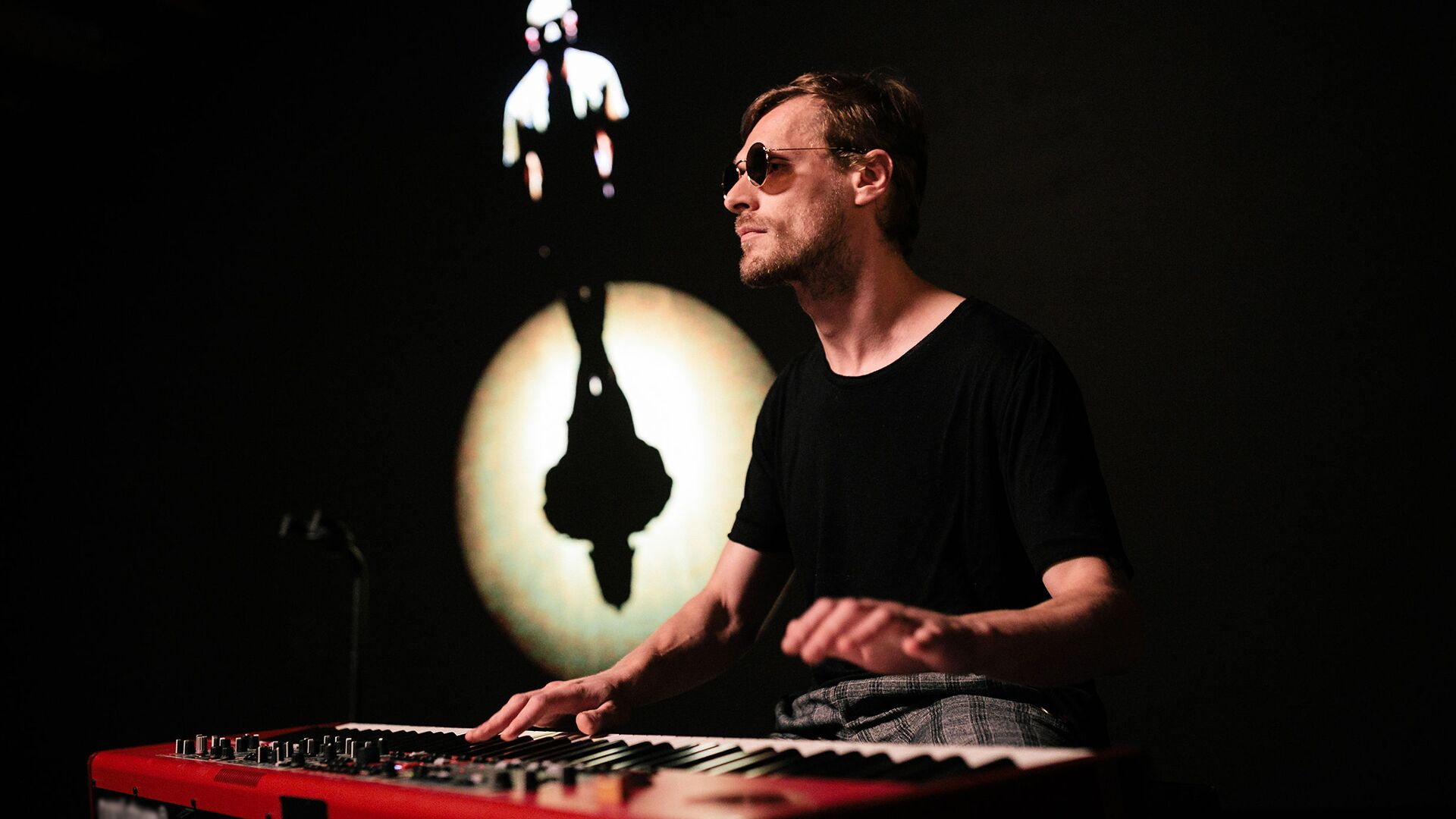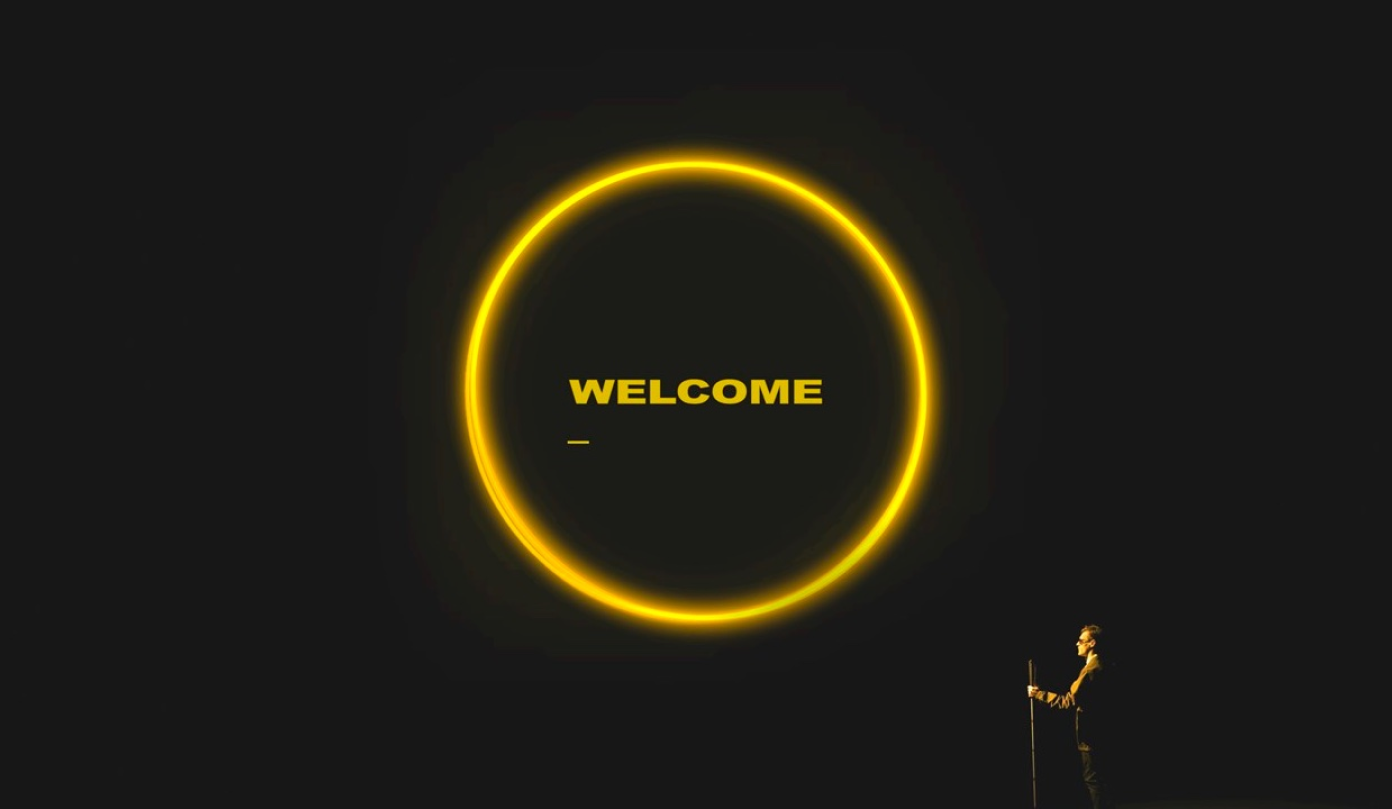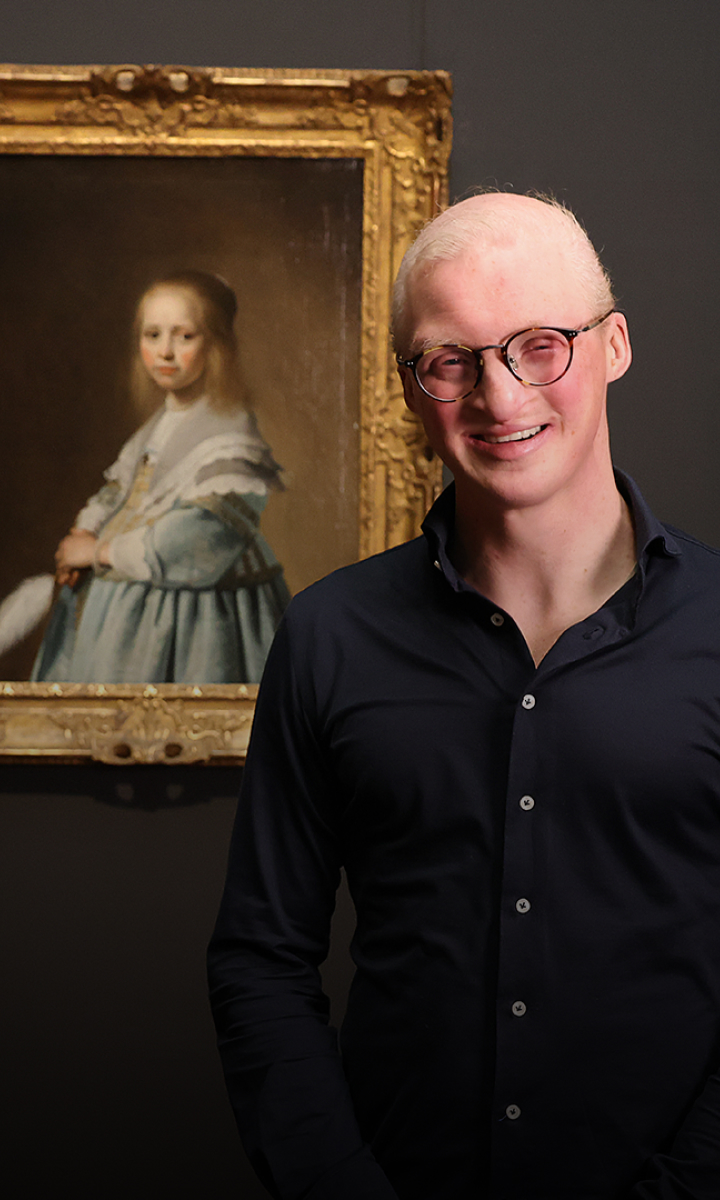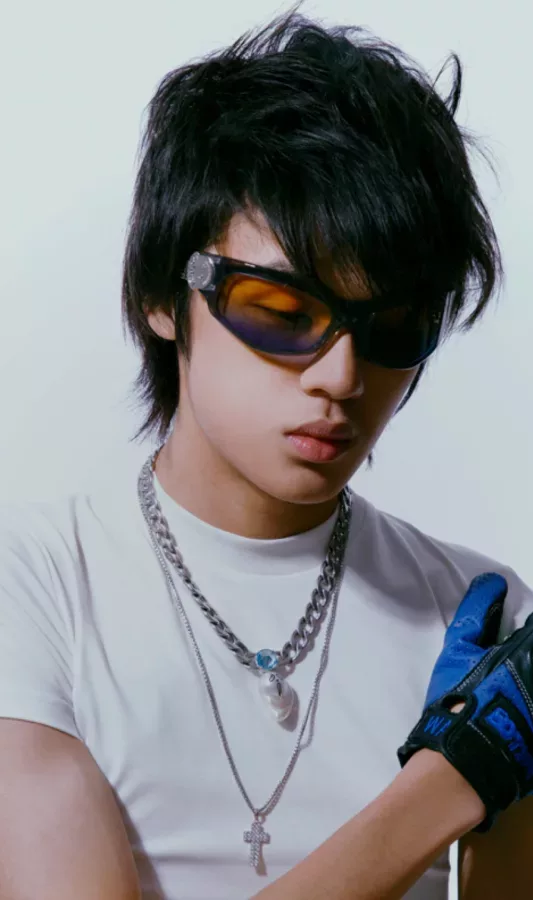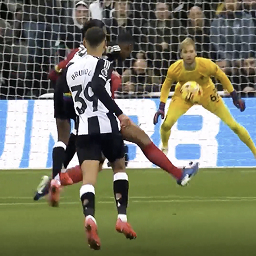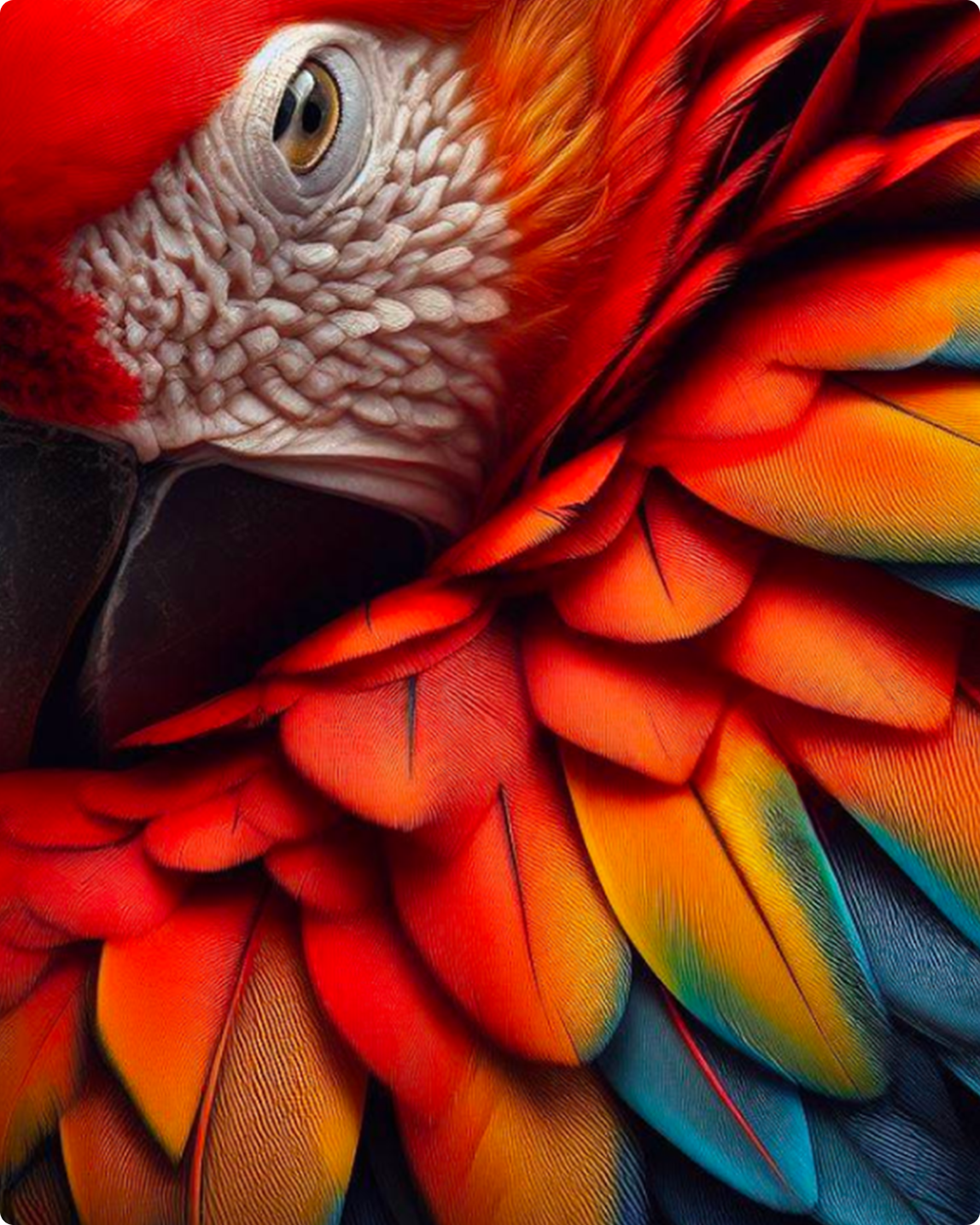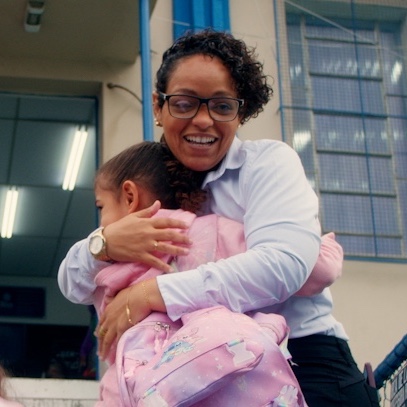What does a world that’s accessible to all look and feel like? Casey Harris, keyboardist for X Ambassadors, was born legally blind. But music and technology have led him down a path of limitless passion and possibilities. Now, he wants to help others do the same.
When Casey Harris plays the keyboard, he doesn’t play by sight—he plays by sound.
It has always been this way, beginning when he was a child, born with a visual impairment and immersed in music by his mother. And it has continued through his entire life, from founding a rock band with his brother Sam and some friends in 2009 to playing packed venues around the world.
These days, Casey is one-third of the electronic-based hit-making band X Ambassadors. He’s also a husband, father, and advocate for inclusion. But his journey to success wasn’t so linear.
Casey says he was nearly sidetracked by a strong rebellious streak as a teen, fueled by the added differentiator of low vision: “It was purely my attempt at finding my own independence because I couldn’t do all of the ordinary things that most other teenagers were doing at the time.”
When he (grudgingly) joined the band with his brother Sam, it filled some of that hole. The musical chemistry they shared was undeniable. It just made sense.
But that drive to be independent didn’t go away. After high school, when the opportunity arose for Casey to relocate to Brooklyn with the band and pursue music full-time, he went for it, and made the risky move to the big city. Independence was glorious—and challenging.
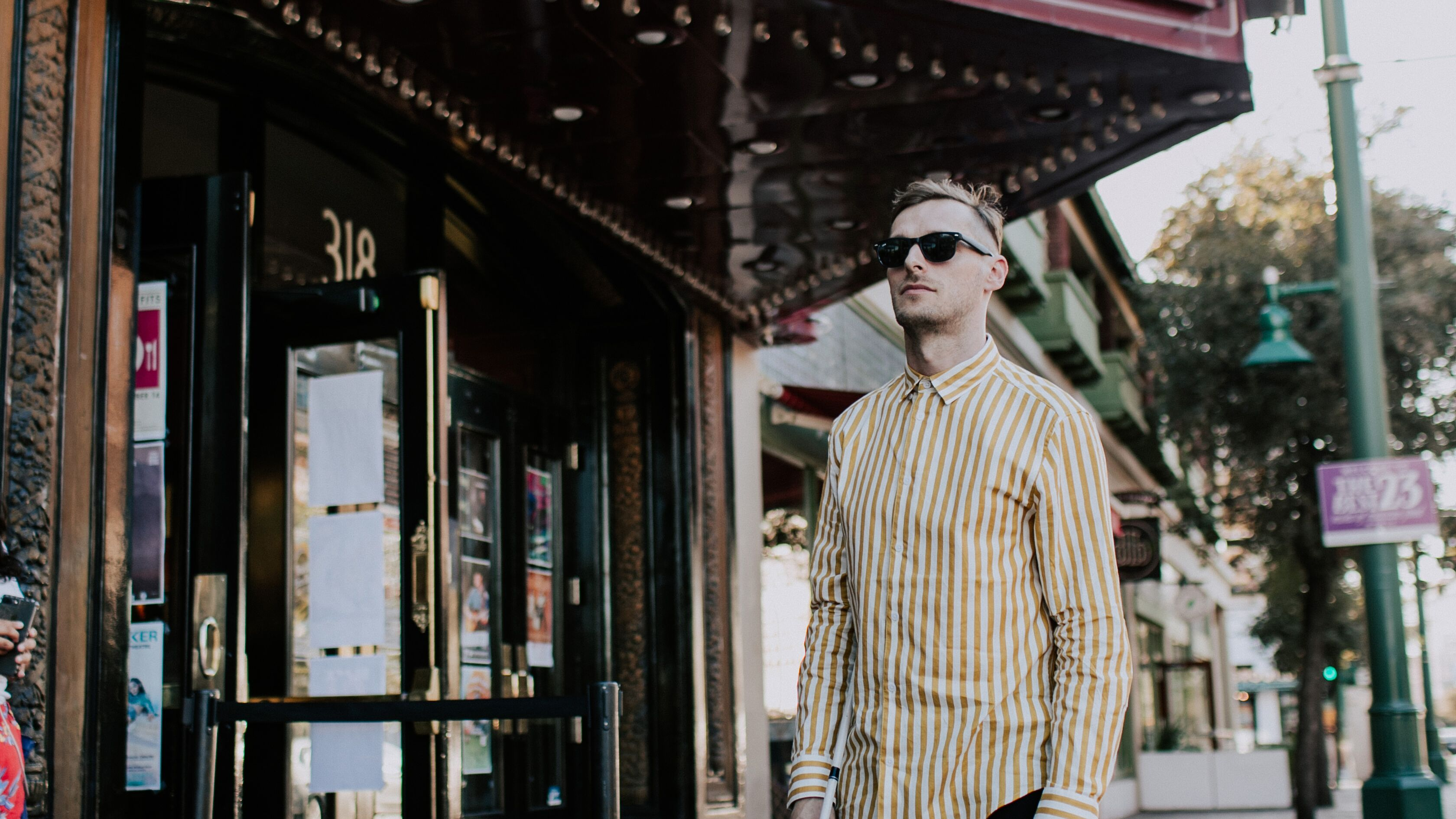
Today, X Ambassadors are more than just a wildly popular touring band. Sam and Casey have grown into producers, and Casey has dedicated time to making music and the world more limitless for everyone—from inclusive concerts to accessible music videos to tech that helps people with low vision and other disabilities live with independence.
Little did I know how crazy New York City is for anyone—but particularly for someone who can’t see very well. It’s an ‘every man for themselves’ kind of city in a lot of ways.
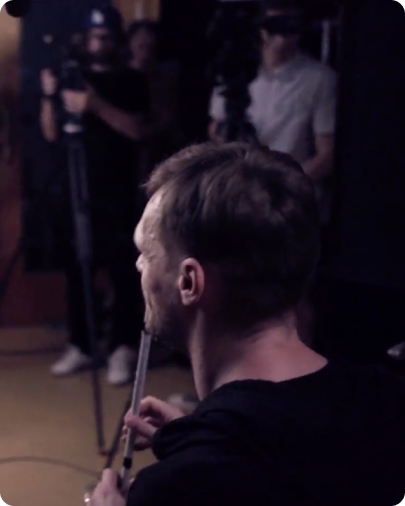
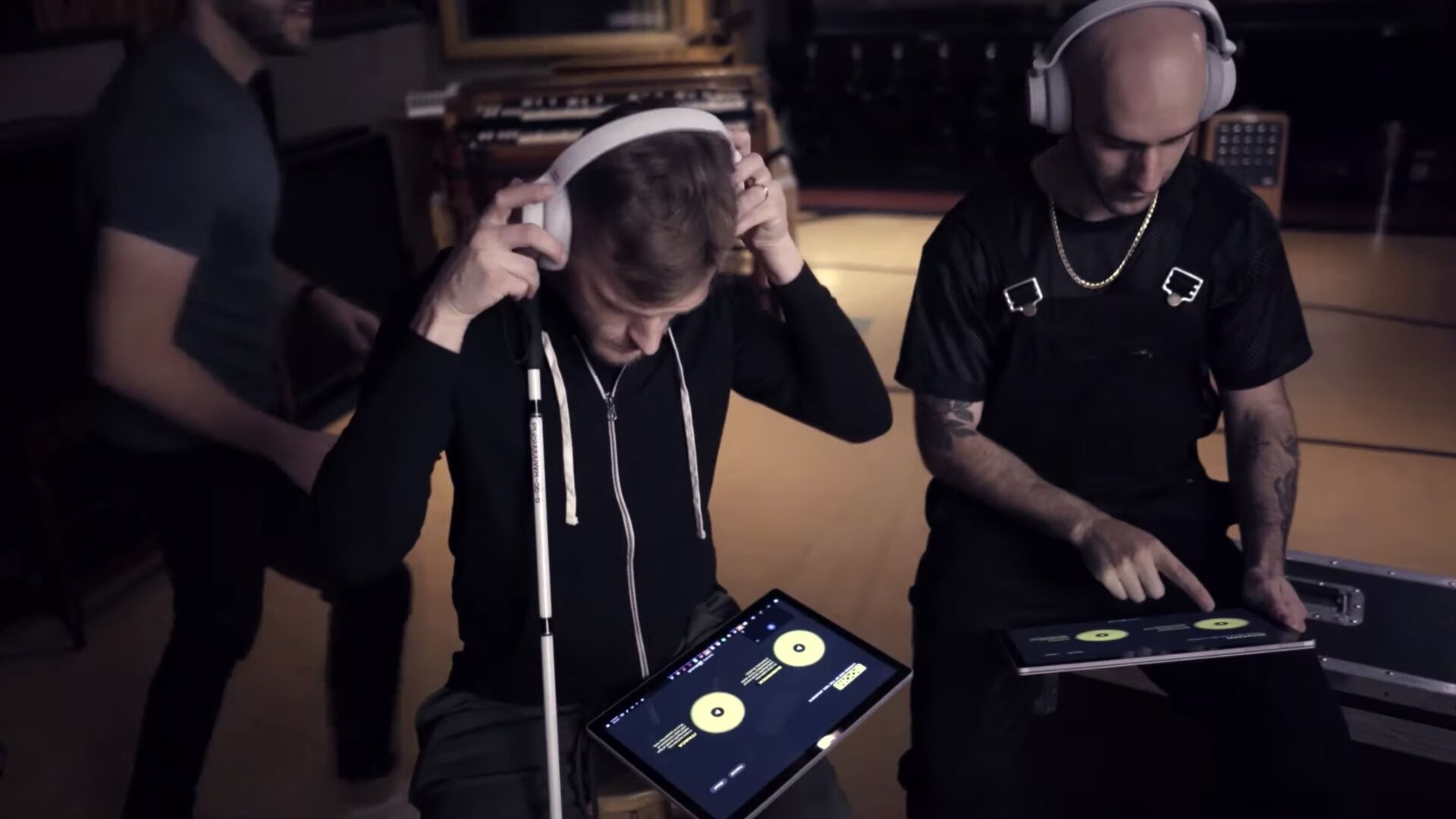
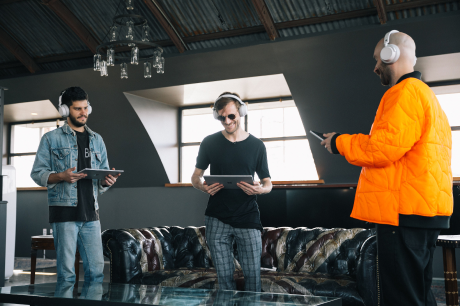
Navigating cities with independence
Casey’s early days in New York changed him. It drew his attention to the ways that cities are particularly challenging for people with low vision like himself. Looking for ways to make a difference, he teamed up with WE Schools, an organization that educates students about the value of accessibility.
Casey took high-schoolers on a tour of Nashville through his eyes, guided by the Soundscape app, which uses 3D sound technology to let people set audio beacons at specific locations and landmarks on their smartphones. As a person walks towards the audio markers, the app provides valuable information about the environment along the way and a “heartbeat” sound that guides their movement. For Casey, it’s a vital step in helping people with low vision move with independence and confidence through a bustling city.
Accessibility and inclusion isn’t a special consideration, it’s just another consideration.
Making concerts and music
videos inclusive
While independence has always been top-of-mind for Casey, he also believes that inclusion means making people’s passions more accessible, too—like music.
When it comes to music videos or live shows, Casey can’t engage with the story, visuals, and aesthetic vision in a traditional way. So X Ambassadors wanted to create a music video that was inclusive, while being a new, dynamic experience for all. Using Windows Sonic 3D audio technology, the band created the first audio-only music video with the help of an app for their single, “Boom.”
The band brought the app to life as part of a VIP experience on their Orion Tour. The app features two different “videos” for fans to experience. Choose between an urban ramble that takes place in Bushwick, Brooklyn—on the streets outside the band’s former rehearsal studio—or a more rural one, through the roads and woods around Casey and Sam’s childhood home in Ithaca, New York. Field recordings from each location help create a visceral sonic environment for the listener.
The goal is for the listener to feel like they’re actually “in” the various locations, walking alongside Sam as his feet go “boom boom boom…”
Our shows have to be a safe space, an inclusive space, for everyone.
And Casey and the X Ambassadors are only just getting started. “We’re still finding our way in this realm so we’re gonna keep on trying to push boundaries and try new things and, as much as possible, just make our music as available to as many different types of people as we can.”
